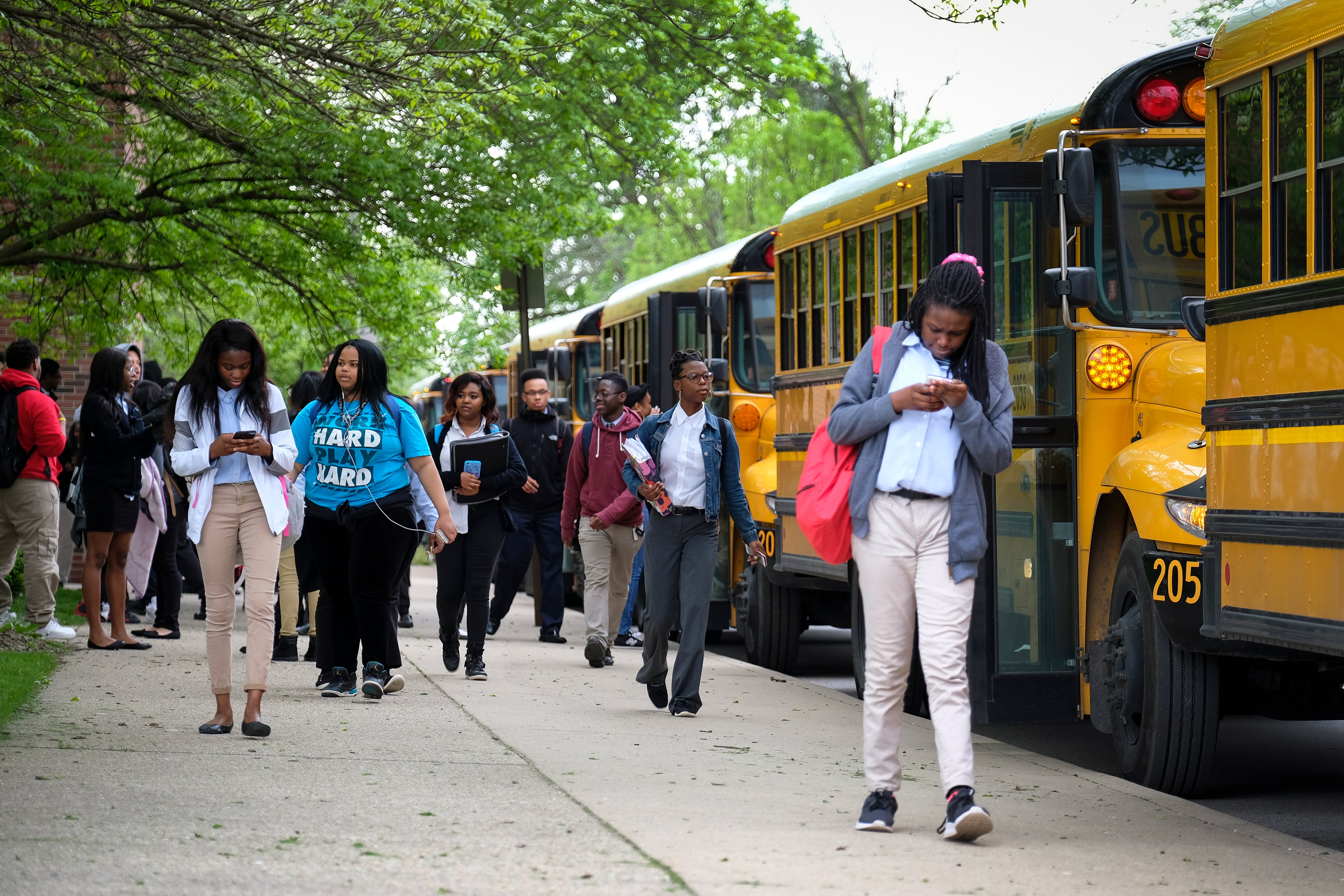Sign up for Chalkbeat Indiana’s free daily newsletter to keep up with Indianapolis Public Schools, Marion County’s township districts, and statewide education news.
As Indiana considers adopting new high school diploma requirements, education watchers have expressed concerns that private schools will be able to bypass controversial provisions affecting college-level courses and work experience by offering their own diplomas.
That’s not the case, according to the Indiana Department of Education. Per Indiana code, all public and accredited non-public schools must offer the same diplomas and will be required to adopt the new diplomas that are slated to go into effect for the Class of 2029.
While they can’t require less than the minimum expectations for the proposed new GPS and GPS Plus diplomas, the governing bodies of both public school districts and private schools can add requirements to the state’s graduation expectations. Some private schools add requirements for religious courses or service projects, for example.
Requirements can’t be eliminated from the state’s proposed diplomas. So in order to earn a GPS Plus diploma, all students would have to meet the work requirements set by the state.
These requirements have drawn significant criticism from parents and educators due to concerns about how feasible they are for schools and students.
However, a district or private school could add requirements, for example, to ensure that students meet the entry requirements to Indiana colleges and universities. At a recent State Board of Education meeting, board member and Hamilton Southeastern Superintendent Pat Mapes said that with the state planning to eliminate the academic honors diploma, the district could offer its own.
This week, several prominent Indiana universities expressed concerns that neither GPS diploma would prescribe a set of courses that met their minimum admission requirements. Some also reserved judgment until education officials unveiled the requirements for three seals indicating that a student is ready for enrollment, enlistment, or employment.
The “enrollment ready” seal is in development with the Indiana Commission for Higher Education and university partners, and is supposed to meet the minimum requirements for admission to the majority of Indiana universities.
In a statement on the worries expressed by universities, state education officials called it an “indispensable and statutorily required” part of the diploma development process. The comments will help shape the foundational courses required for all students, as well as the requirements for the enrollment ready seal, they said.
“As we review all of the feedback we have heard to date, the enrollment-ready seal will be key to ensuring every Hoosier student and their parents clearly understand the specific courses and experiences they need in high school in order to be successful in higher education,” the officials said in a statement.
A new draft of the diploma requirements is expected at the August State Board of Education meeting.
The state board must adopt new diploma requirements by the end of the year. A previous plan called for the state board to vote on the new diploma rules in September, but that vote has been pushed back.
Aleksandra Appleton covers Indiana education policy and writes about K-12 schools across the state. Contact her at aappleton@chalkbeat.org.






